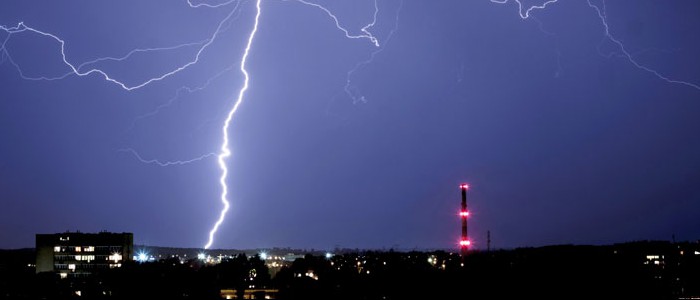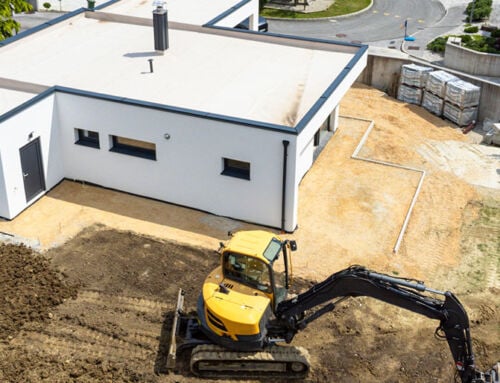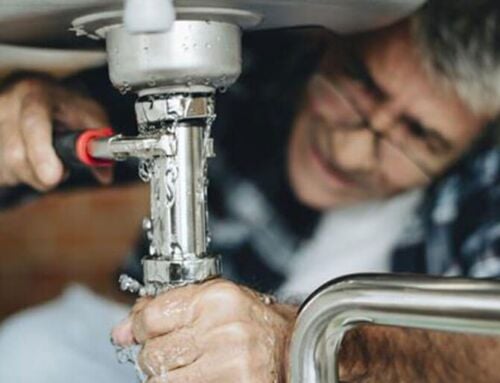The best thing about power failures is that most of them are over very shortly after they occur so your business won’t be significantly affected. The ones that last a while however are usually caused by weather damaging power lines and equipment, or extreme temperatures overloading the system.
While this means there isn’t a lot you can do to prevent serious outages from happening, there’s a whole lot you can do to prepare yourself and keep their impact on your business minimal. Following the three steps below in the event of a power outage is a good start.
- Check your circuit breaker panel
There’s a chance that the outage is only affecting your property. You can verify that by looking at neighboring businesses or your breaker panel. If everyone else doesn’t have power and there’s nothing off about your fuse box then… - Check the wires leading to your building
If your property’s service wires are damaged or down, stay at least four meters away from them at all times. Make sure all your employees know to do this as well. - Call your power provider
The sooner you let them know, the quicker they’ll fix the problem. If they’ve already been informed, feel free to ask them when they think power may be restored. Also, be sure to look up their number in advance since it might be hard to find on the internet during a blackout.
Additional power outage tips
Here are some other things you can do to help your business recover from a blackout.
- Let there be (alternative) light: Use flashlights instead of candles to lessen the chance of fire.
- Turning off electronics will reduce the shock to your system when power comes back on.
- Keep freezers closed: To business owners with freezers: Food can keep for 24 -36 hours in a freezer during a blackout, so long as you don’t open it.
- Radio in: The radio is a great way to get updates on how power restoration is coming along; make sure yours can be battery powered.
- Call for backup: A backup generator can help keep an alarm system going if the blackout happens while you’re closed or keep your carbon monoxide detector working, among other things. (For the latter, there’s always batteries)
Whether electricity is lost for minutes, hours or even days, how you prepare for and react to a power failure will go a long way towards keeping your employees, items and bottom line safe. That’s why the advice above will help make sure your business stays empowered during an outage.







